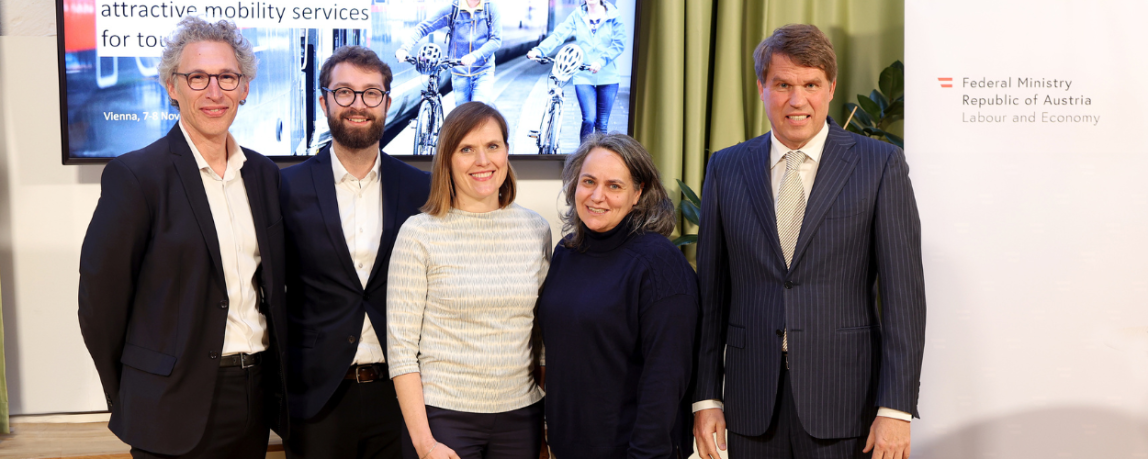
Symposium on Sustainable Tourism Mobility in Vienna
11/25/2024 - 14:45
Nina Nesterova participated as a panel member in a discussion on developing climate-friendly and attractive mobility services for tourists at the Symposium on Sustainable Tourism Mobility in Vienna.